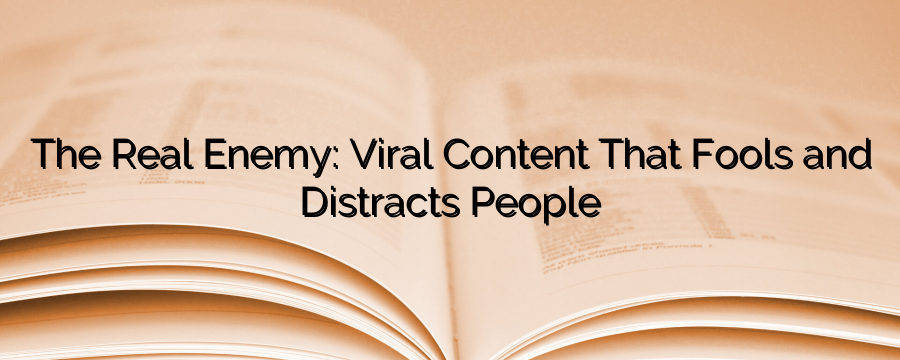Manipur Chief Minister N. Biren Singh’s bold declaration, “Action Yengbiyu” (Witness Our Actions), resonates with the assertive narrative commonly found in Hollywood movies, where the United States consistently prevails in wars, alien invasions, terrorist attacks, and various scripted scenarios. Yet, a glaring disparity surfaces when scrutinizing the nation’s actual response to the COVID-19 pandemic, exposing a deficiency in protecting its citizens, in stark contrast to the triumphant depictions seen in their orchestrated propaganda films.
Despite the Chief Minister’s relentless proclamations of bringing peace to Manipur and fostering brotherhood, consistently placing blame on the previous Congress Government for all shortcomings over the past six years, the last seven months have brutally exposed his ineptitude in uniting and protecting the people, resulting in a catastrophic outcome. Manipur, in an unprecedented chapter of its history, has borne witness to over 200 deaths, the relentless destruction of thousands of homes, and citizens enduring the harrowing conditions of relief camps. Shockingly, the government has proved itself impotent in restoring peace. In a brazen display of disconnect, even as the state grapples with unparalleled violence, leaders audaciously engage in cutting cakes and reveling in the victory of their party in recent elections in other states.
The prevailing circumstances in Manipur strongly suggest a subtle orchestration aimed at diverting public attention from pressing concerns regarding the government’s failure to ensure peace and safeguard its citizens amid ongoing violence. While it may not be directly attributable to the government, a discernible shift in the public discourse has occurred, seemingly influenced by strategically shared viral content. This shift has steered the collective mindset away from demanding accountability and resolution, with citizens now engrossed in trivial matters rather than pressing the authorities for immediate action.
The imperative need for the populace to return to their homes and escape the ordeal of relief camps has been overshadowed by a conspicuous decline in democratic protests and calls for governmental intervention. It is paramount for individuals, organizations, and the Joint Action Committee to rekindle their commitment to holding the government accountable for bringing about peace.
The strategic use of media as a ‘gatekeeper’ has become increasingly evident, as media outlets, editors, journalists, and other entities wield substantial influence in shaping and manipulating information flow. Media possesses the potential to mold public opinion, dictate the discourse agenda, and, in certain instances, redirect attention or manipulate narratives. In the recent discourse in Manipur, there is a palpable divergence from scrutinizing the government’s inadequacies in locating and repatriating the bodies of Meitei victims caught in the current conflict. Instead, public attention has been captivated by discussions surrounding an individual’s purported views on a specific group. While acknowledging the importance of addressing diverse concerns, it is crucial for the public to discern and prioritize matters of greater significance. The paramount issue at hand is the urgent restoration of peace, allowing citizens to resume their normal lives free from fear and uncertainty.
In this era dominated by social media, which now assumes the role of a contemporary ‘gatekeeper,’ it is imperative for individuals to exercise discernment when confronted with new stories. One must critically assess whether a particular narrative has surfaced organically or if it has been strategically disseminated to divert attention from the core issues plaguing Manipur. Clear thinking is indispensable in navigating the intricate web of information and discerning the genuine from the orchestrated, ensuring that the public remains focused on the pivotal goal of achieving lasting peace.
The path to societal change necessitates clear, logical thinking that allows for a comprehensive understanding of the nuances, including diversionary tactics at play. Failing to engage in critical thinking poses a substantial risk, leading us to focus on matters of lesser importance while the true challenges persist. Our true adversary is the fog of unclear thoughts that can cloud our judgment and hinder our ability to discern the crux of issues during these challenging times. As Noam Chomsky wisely noted, ‘The more you can increase fear of drugs and crime, welfare mothers, immigrants, and aliens, the more you control all the people.’ This insight emphasizes the potential manipulation of public perception through the amplification of specific fears. The imperative now is to actively combat any information or ideas disseminated hastily, recognizing that they may serve as veils attempting to divert attention from essential core issues and potential solutions. In this ongoing battle for clarity and critical thinking, we must equip ourselves with the tools to dismantle misinformation, ensuring that our collective focus remains steadfast on addressing the pressing challenges at hand. Only through a vigilant and discerning mindset can we navigate the complexities, fostering a society that embraces clarity and critical thinking as the antidote to confusion and distraction.
The Real Enemy: Viral Content That Fools and Distracts People
364
previous post



